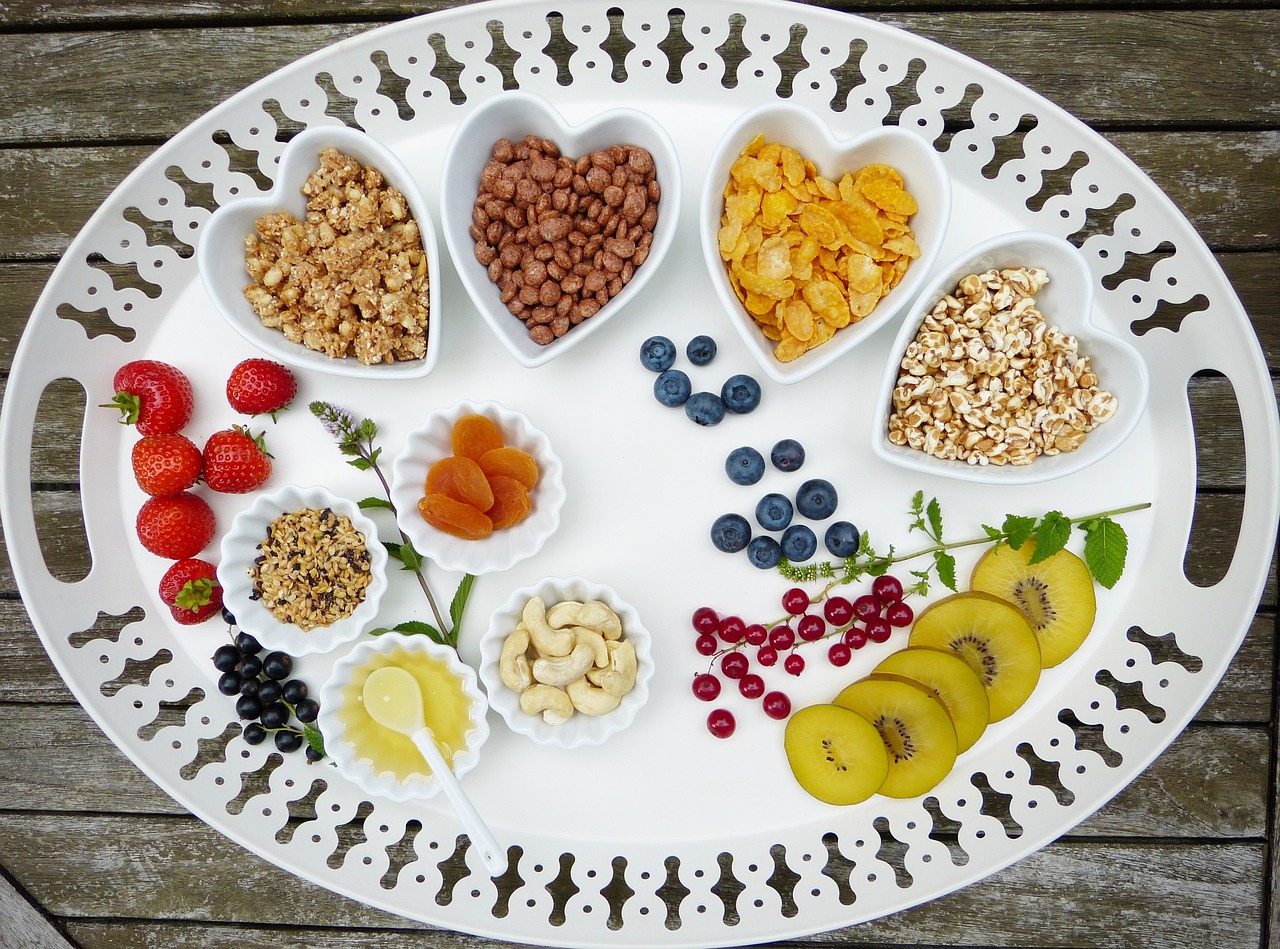In today’s fast-paced world, meal prep has emerged as a powerful solution for maintaining a healthy diet without sacrificing time or convenience. Whether you’re juggling work, family, or social commitments, taking a little time each week to prepare your meals in advance can not only save you time during busy days but also help ensure that you make nutritious choices. In this blog post, we will explore the ins and outs of meal prep, its benefits, tips for getting started, and how to make it a seamless part of your routine.
What is Meal Prep?
Meal prep, short for meal preparation, involves planning and preparing meals in advance. This can include cooking multiple meals at once, chopping vegetables, or assembling ready-to-eat lunches that can simply be grabbed from the fridge. The concept empowers individuals to take control of their eating habits and eliminate last-minute unhealthy food choices.
Types of Meal Prep
- Batch Cooking: Preparing large quantities of food that can be stored and consumed throughout the week.
- Ingredients Prep: Washing, chopping, and organizing ingredients that will be used in meals during the week.
- Portioning: Dividing meals into single serving sizes for quick meals or snacks.
- Freezing Portions: Cooking meals in advance and freezing them for later use.
The Benefits of Meal Prep
Meal prepping carries numerous advantages beyond merely saving time. Here are some key benefits:
Time-Saving
- Reduces daily cooking time by prepping meals in advance.
- Streamlines grocery shopping with a planned list.
- Minimizes food waste by using ingredients efficiently.
Healthier Eating Habits
- Encourages balanced meals by incorporating various food groups.
- Aids in portion control, preventing overeating.
- Reduces the likelihood of impulse eating fast food or unhealthy snacks.
Cost-Efficiency
- Buying ingredients in bulk can lower grocery costs.
- Reduces the need for take-out and convenience foods, which tend to be more expensive.
Enhanced Cooking Skills
- Promotes experimentation with new recipes and cooking techniques.
- Improves efficiency in the kitchen as you become accustomed to prepping.
Getting Started with Meal Prep
If you’re new to meal prep, it can seem overwhelming at first. However, by following these simple steps, you can ease into the process:
Step 1: Plan Your Meals
- Choose meals for the week—consider balance and variety.
- Incorporate different proteins, vegetables, and grains into each meal.
- Utilize resources like meal planning apps or websites for inspiration.
Step 2: Make a Grocery List
- Compile a list of necessary ingredients.
- Check your pantry for items you already have to avoid duplicates.
- Shop on a designated day to streamline the process.
Step 3: Prep Your Ingredients
- Wash, chop, and store vegetables in airtight containers.
- Cook proteins (e.g., chicken, beans) in a batch and store in serving-size portions.
- Prepare any additional items, like grains or sauces, that can be made ahead.
Step 4: Assemble Your Meals
- Pack meals in containers that are easy to transport (e.g., glass or BPA-free plastic).
- Label each container with the dish name and date for easy identification.
- Utilize a variety of container sizes to cater to different meal types—snacks, lunches, dinners.
Meal Prep Tools and Resources
Having the right tools will significantly improve your meal prep experience. Here are some essentials:
Key Tools
- Containers: Invest in a set of high-quality, stackable containers.
- Chopping Tools: A sharp knife and cutting board are a must for efficient ingredient prep.
- Storage Bags: Resealable bags can be useful for storing prepped ingredients.
Useful Resources
- Websites and blogs dedicated to meal prepping offer recipes and strategies.
- Meal planning apps can assist with tracking meals and groceries.
- YouTube channels provide visual demonstrations and creative meal prep ideas.
Conclusion
Meal prep isn’t just a trend; it’s a sustainable approach to eating healthily and efficiently in today’s busy lifestyle. By taking time to plan, shop, and prepare your meals, you can enjoy numerous benefits, including saving time, reducing food waste, and making healthier choices. With a bit of practice and organization, meal prep can become a seamless part of your weekly routine, allowing you to focus on what truly matters in your life while still enjoying delicious homemade meals. So, roll up your sleeves, get your containers ready, and take the first step towards a more organized and health-conscious kitchen!






